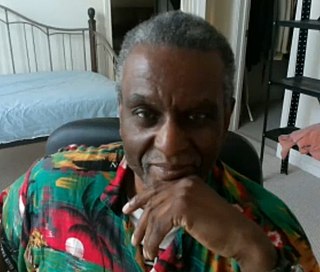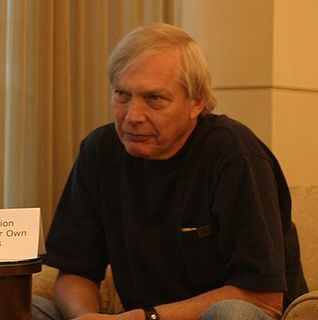A Quote by Wynton Marsalis
Many heroic things happened during slavery. And remember that there was a national movement away from it even at the time. The era of Reconstruction and then the subsequent dismantling of Reconstruction sent us in a tailspin. Then we had the Civil Rights movement. Now we have our first non-white president. We have a pattern of moving apart and then coming back together throughout the history of this country. Each time, we come closer.
Quote Topics
Apart
Away
Back
Back Together
Civil
Civil Rights
Civil Rights Movement
Closer
Come
Coming
Coming Back
Country
Each
Each Time
Era
Even
First
Had
Happened
Heroic
History
Many
Movement
Moving
National
Now
Our
Pattern
President
Reconstruction
Remember
Rights
Rights Movement
Sent
Slavery
Subsequent
The History Of
Then
Things
Things Happen
Throughout
Time
Together
Us
White
Related Quotes
The great social justice changes in our country have happened when people came together, organized, and took direct action. It is this right that sustains and nurtures our democracy today. The civil rights movement, the labor movement, the women's movement, and the equality movement for our LGBT brothers and sisters are all manifestations of these rights.
In less than a century we experienced great movement. The youth movement! The labor movement! The civil rights movement! The peace movement! The solidarity movement! The women's movement! The disability movement! The disarmament movement! The gay rights movement! The environmental movement! Movement! Transformation! Is there any reason to believe we are done?
History of America, Part I (1776-1966): Declaration of Independence, Constitutional Convention, Louisiana Purchase, Civil War, Reconstruction, World War I, Great Depression, New Deal, World War II, TV, Cold war, civil-rights movement, Vietnam. History of America, Part II (1967-present): the Super Bowl era. The Super Bowl has become Main Street’s Mardi Gras.
All my comrades must continue to exert their efforts according to my 'Programme of National Reconstruction,' 'Outline of Reconstruction,' the 'Three Principles of the People,' and the 'Manifesto' issued by the First National Congress of our Party, and strive on earnestly for the consummation of the end we have in view.
another tradition to politics, a tradition (of politics) that stretched from the days of the country’s founding to the glory of the civil rights movement, a tradition based on the simple idea that we have a stake in one another, and that what binds us together is greater than what drives us apart, and that if enough people believe in the truth of that proposition and act on it, then we might not solve every problem, but we can get something meaningful done.
I think one of the tragedies of the civil rights movement was because the civil rights movement became so court-focused, I think that there was a tendency to lose track of the political and community organizing, and activities on the ground, that are able to put together the actual coalitions of power throughout which you bring about redistributive change. And in some ways, we still suffer from that.
I don't think there are any pure Africans of the African Americans, but the African part of our history was pretty much taken away from us during slavery, so the 60s gave us a chance, because of the civil rights movement, to kind of re-examine and make some sort of formal connection to our African-ness.
For many years now, I have been an outspoken supporter of civil and human rights for gay and lesbian people. Gays and lesbians stood up for civil rights in Montgomery, Selma, in Albany, Ga. and St. Augustine, Fla., and many other campaigns of the Civil Rights Movement. Many of these courageous men and women were fighting for my freedom at a time when they could find few voices for their own, and I salute their contributions.


































